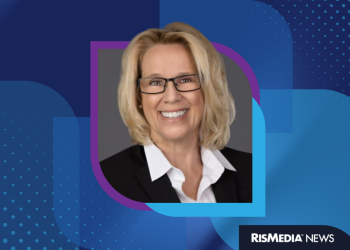Above, from left: Carol Bulman, Terrie O’Connor, Smokey Garrett and Craig Cheatham. Photo by AJ Canaria.
The real estate industry is nothing if not resilient—and in the wake of sweeping industry changes that have taken effect since the landmark verdict in 2023, those leading the industry have doubled down to adapt as the Department of Justice (DOJ), the Supreme Court and consumer groups have come in and tried to disrupt the industry.
This topic was discussed in-depth at RISMedia’s 37th Annual CEO & Leadership Exchange last week during a session titled, “Two Years Since the Verdict: Tracking the Industry’s Biggest Changes – What’s Happening Around the Country”—where an esteemed group of panelists shared how they’ve navigated the real estate industry’s evolution over the past two years.
Moderated by Mike Miedler, president and CEO of Century 21 Real Estate, panelists included Craig Cheatham, president and CEO of The Realty Alliance; Terrie O’Connor, founder and broker/owner of Terrie O’Connor REALTORS®; Carol Bulman, CEO/chairman of the board of Jack Conway & Co.; and Smokey Garrett, co-founder and CEO of GO Network.
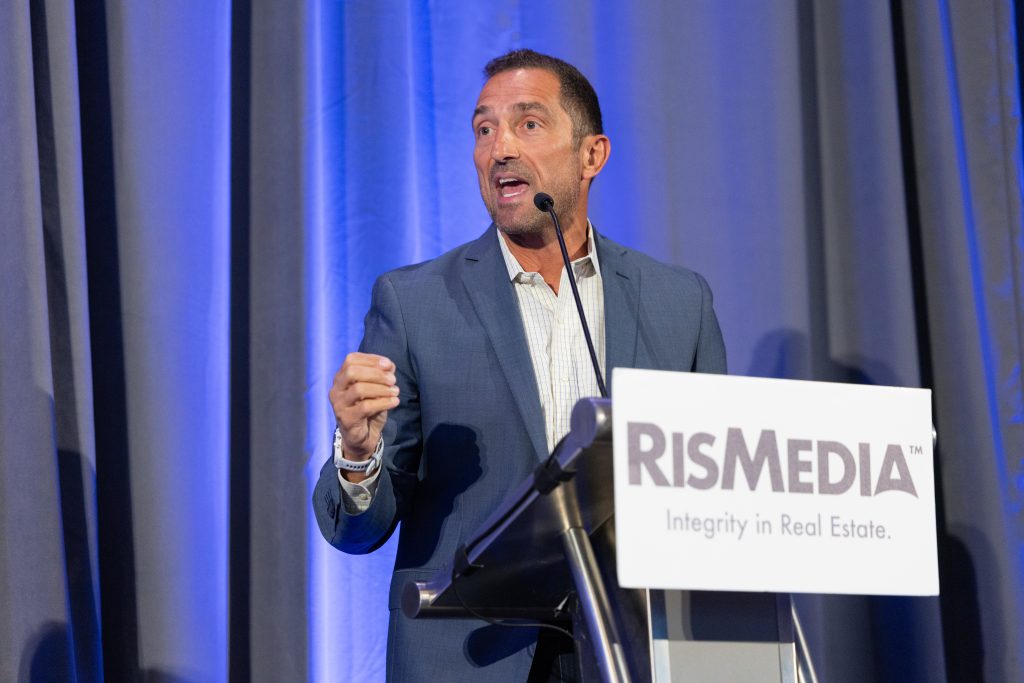
Photo by AJ Canaria.
Navigating industry changes
Miedler first turned to Garrett, who kicked off the conversation by sharing what surprised him most about the way in which the industry has reacted in the wake of the historic verdict in the Burnett v. NAR et al lawsuit—and the year since buyer representation agreements went into effect across the board.
“It’s really just been holding on for dear life as we kind of roll through and figure out the world kind of step by step,” said Garrett.
And while every day has brought something new, according to Garrett, the verdict forced a change in conversation—a doubling down on how to prove one’s value as a real estate professional when working with the consumer.
“This has been coming for six, seven, eight years,” added Garrett, who lauded the industry’s ability to adapt and move forward in the face of change.
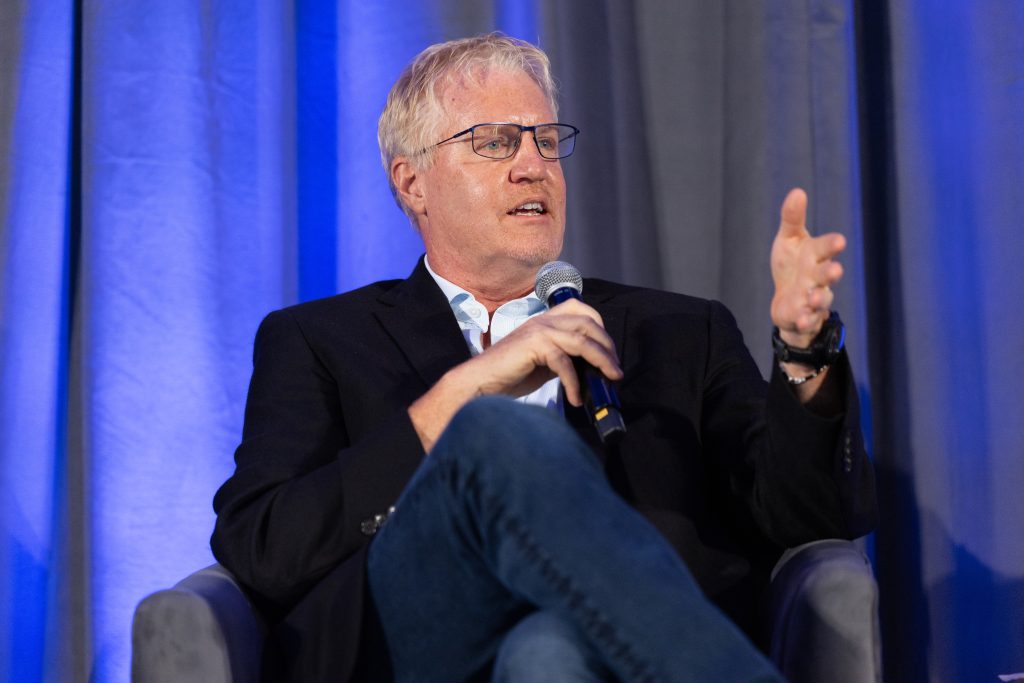
Photo by AJ Canaria.
“We’re an adaptable industry that has worked for a very long time, and we’ve adapted into this, and I don’t think that much really changed for the people who are professionals in this industry.”
Continuing the conversation, Bulman noted that while a few things surprised her over the past few years, lack of confidence topped the list.
“Our agents truly felt attacked, and they felt a lack of confidence that what they did wasn’t valuable enough,” explained Bulman. “But in order for the public to trust us, we have to believe in ourselves and believe in what we offer our consumer—and what we’ve been offering our consumer for many, many years.
Drilling down further, Bulman pointed to the importance of leadership in navigating industry changes.
“I’ve been around this industry for a long time, and as leaders, we have an obligation to be the calm in the room,” she added. “Our agents and consumers are watching us, and the more confident we can be in what we offer, the more trustworthy we’ll become.”
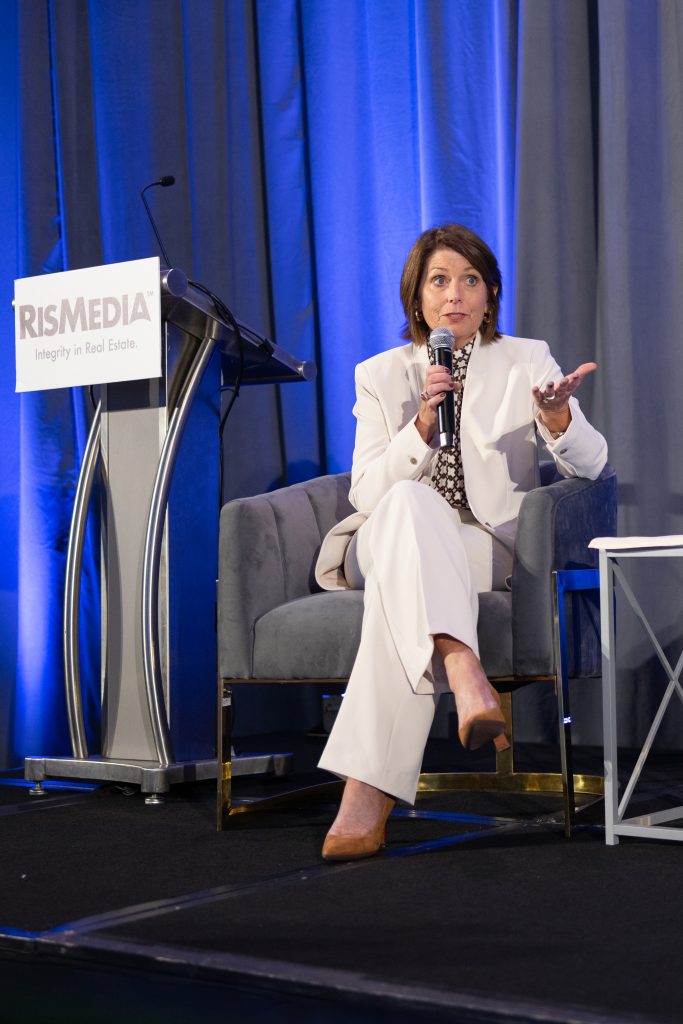
Photo by AJ Canaria.
From there, Cheatham mixed things up a bit by approaching the conversation from the opposite direction, pointing to the fact that the industry didn’t collapse as one of the things that didn’t surprise him.
“I don’t think that surprised anybody in this room…and so I think we can kind of celebrate our agility and our resilience,” said Cheatham, who explained that the DOJ not only wanted agents to get paid significantly less, but they also didn’t want industry consolidation.
“Of course, they didn’t get anything they wanted,” he added. “Now the plaintiff’s attorneys, I think all they really wanted was the big payday, and they got that, but they learned something in the process (something that we’ve been saying all along), which is that brokerage is not the cash cow that they assumed it was.”
Cheatham continued by pointing to the makeup of the national conversation about how we find our way forward as the thing that has surprised him most.
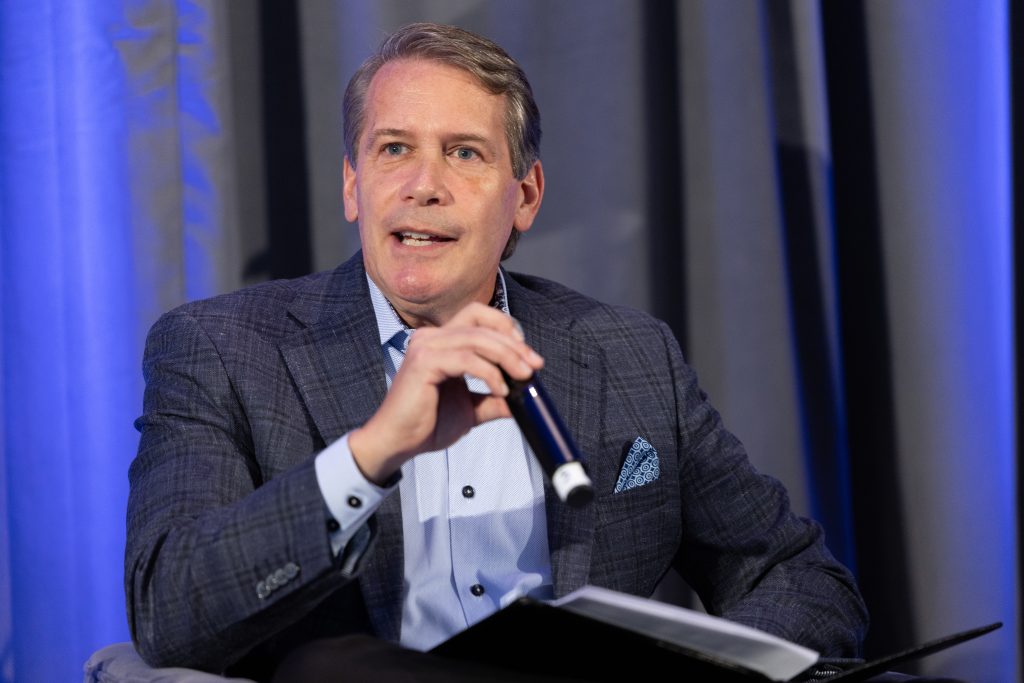
Photo by AJ Canaria.
“We’ve seen brokerage leaders step to the fore. All of a sudden, people like James Dwiggins, Anthony Lamacchia and Bess Freedman are some of the loudest voices speaking up to fill this void,” said Cheatham. “We’ve also seen corporate leadership—Anywhere, Compass, eXp—their leaders are stepping forward and helping shape our path forward, and so it’s not just NAR with a little side dish of The Realty Alliance. And MLSs as well are taking a much higher profile role in this conversation…and that’s unexpected because most of what we’re talking about is circling around NAR policy.”
Navigating the change for the people who are getting the job done is the name of the game for O’Connor, who applauded the agents within her company as being surprisingly good at getting this right, underscoring the importance of bootcamps and training on the part of the company.
“One of the things I’ve been fortunate enough to do is watch many of you as you navigated what you were doing and take the best, I hope, of what we had to do,” said O’Connor—who, reflecting on this past year, noted that a lot of the people who really aren’t working (and aren’t interested in the company) kind of weeded themselves out, recognizing that only the strong are going to survive this market.
O’Connor also called attention to a group of top agents she gathered together and questioned about how they felt prior to the CEO & Leadership Exchange.
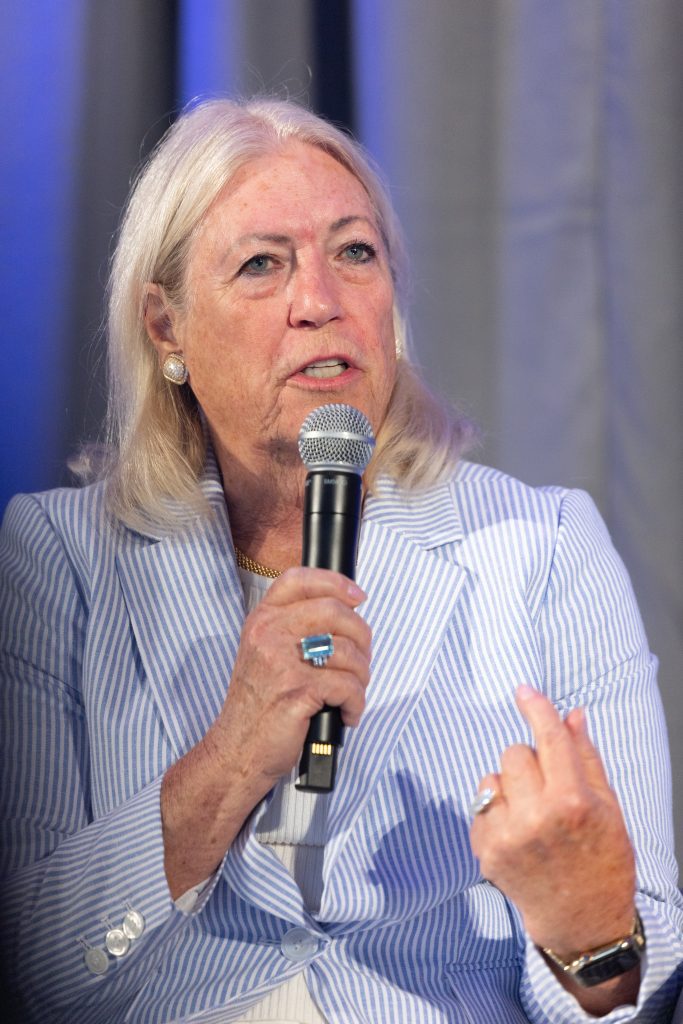
Photo by AJ Canaria.
“It was extraordinary to me that some of our top agents were so confident and recognizing their value and feeling good about being able to express the things they needed to do with the buyers,” she added.
“Every person in this room knows that the minute you think things are the same, they change again, so I just feel very happy to still be standing as my company and surviving with all of you.”
Charting a path forward: Anticipating and adapting to consumer needs
While transparency, trust and professionalism are more important than ever before, panelists also highlighted the importance of putting consumers first—emphasizing the need for the industry to anticipate and adapt to consumer needs.
For Cheatham, it’s a “mixed bag” as far as whether or not the changes within the past two years have strengthened the model of how we transact real estate here in the U.S.
“I do think consumers are hearing directly from their agents about value, responsibility and costs, and they’re learning a whole lot more about what their trusted advisor is doing for them in this transaction. I think consumers are realizing it’s not about finding the cheapest agent, but rather, trying to find the person who can best help them, protect them and guide them through this high-stakes transaction and get the deal done,” said Cheatham, who points to the verdict for speeding that forward.
“One change we can tie to the verdict is that now consumers are far more aware of how real estate practitioners get paid for their expertise, time and effort than the general public was before,” Cheatham said after the panel. “They may not fully understand all the mechanics, but the media coverage put a spotlight on how agents are compensated…even though we know the media got it wrong much of the time.”
On the flip side of the coin, a patchwork of policies, forms and rules have added some friction to the equation.
“We have state and territory level laws and regulations, and we have the statutory bodies to go with those—to interpret those and to effectuate those,” added Cheatham.
“And we have it for a reason for us to have a random judge in Missouri who proved early on he does not understand our industry to be himself, the grand Poobah and the Pharaoh of our industry, or the attorneys who are already recircling and threatening more lawsuits to regulate us that way. That’s not how a national industry like the real estate industry should be regulated.”
On top of that, Cheatham noted that “we’ve got to do some enforcement of these buyer agreements. We’ve got to work through all that kind of stuff. It’s a bit murky. The consumers are still a bit unsure who’s getting paid and for what—and all of my members’ market footprint covers multiple MLSs, and in adjoining MLSs we have vastly different policies and procedures in place.”
Bringing the conversation to a close, panelists were asked to share their thoughts on the opportunity for brokerages in this new era.
“The better agents are getting stronger,” said O’Connor, who wholeheartedly believes in doing the right thing as she continues to build a strong salesforce.
“The opportunity is in our agents and how well they’re going to interact with the consumer and have the conversation openly, honestly and with empathy sometimes because of the financial situations…but they’re going to make a big difference, and we obviously are the ones that are going to help them get there.”
“I think this is a huge opportunity as our industry gets to evolve,” added Garrett, who pointed to the fact that today’s real estate professional is competing with more than just those who have a real estate license. “We’re competing with the technology, we’re competing with AI, we’re competing with Zillow—and all of a sudden someone is selling their home in a very different way being able to offer a very traditional offer.”
According to Garrett, this underscores the notion that there’s more than one way to do business with somebody.
“It’s our job as we evolve to anticipate what the consumers’ needs are,” said Garrett. “We’re going to bring the real estate agents along with us. The consumer becomes our central figure, and every decision we make with our brokerage—and every decision we make to our people—comes back to what’s best for the consumer, how do we win, and how are we able to continually evolve?”
“This is a moment for brokerage leadership to fill the vacuum,” Cheatham noted after the session. “With NAR working on itself and the DOJ and lawyers still circling, as well as industry vendors and portals expanding their scope, we can’t wait for someone else to define the future of this industry—and, most importantly, the task of vastly improving the image of our industry and its practitioners.”










